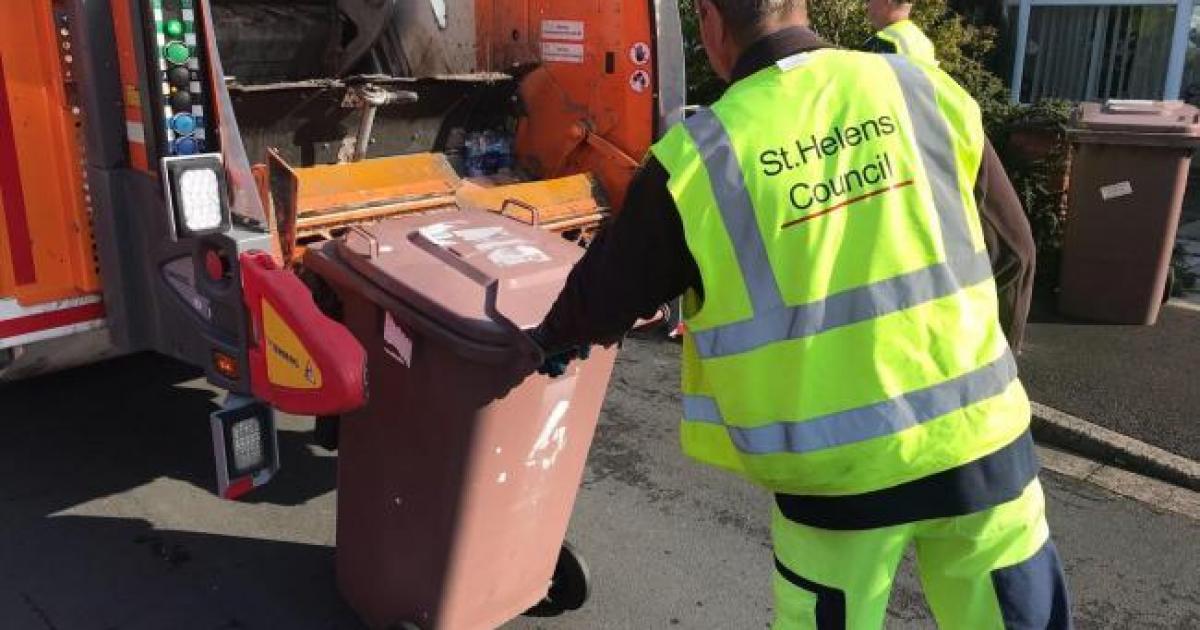Just 0.16 per cent of recycling collected in the borough is rejected and sent to landfill or energy recovery due to contamination, according to new analysis by BusinessWaste.co.uk.
The waste management company examined data from DEFRA and DAERA to calculate recycling rejection rates for councils across England and Northern Ireland.
In the North West, only Carlisle City Council matched St Helens with the same low rate of rejected recycling.
Graham Matthews, a waste management expert at BusinessWaste.co.uk, said: “There is a certain onus on households to ensure they are recycling correctly to reduce contamination.
“However, we’d encourage local councils to dedicate resources to educating the public on how best they can avoid recycling rejection with guidance on what can and can’t be recycled, alongside tips for cleaning materials.
“Local councils could also consider imposing fines more frequently for those who regularly disregard recycling rules as a deterrent.”
The analysis revealed significant variation in recycling rejection rates across the region.
Barrow-in-Furness Borough Council had the highest rate at 43.91 per cent, with 1,836 of 4,181 tonnes of recycling collected ultimately rejected.
Liverpool City Council followed with a rejection rate of 29.51 per cent, while Knowsley MBC recorded 24.44 per cent.
St Helens and Carlisle had the lowest rates, with just 0.16 per cent of recycling rejected.
The data highlights the importance of proper recycling practices, as rejected materials are typically diverted to landfill or energy-from-waste facilities.
BusinessWaste.co.uk has called for improved public education around recycling to help reduce contamination and improve recycling rates.
The company also suggested that repeat offenders could face fines as a deterrent, though it acknowledged the need for clear, accessible information to help residents recycle correctly.
